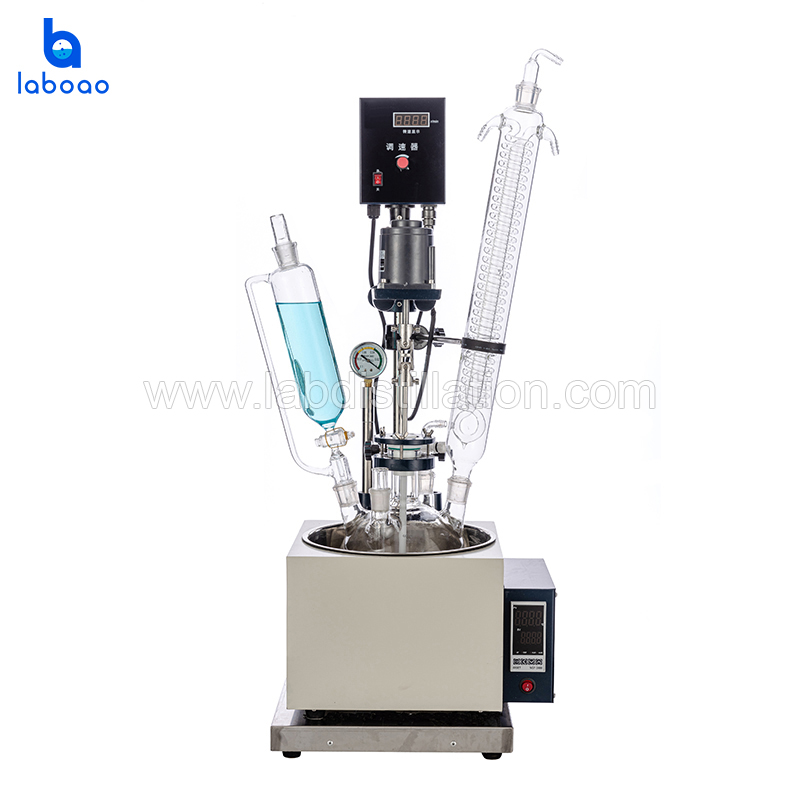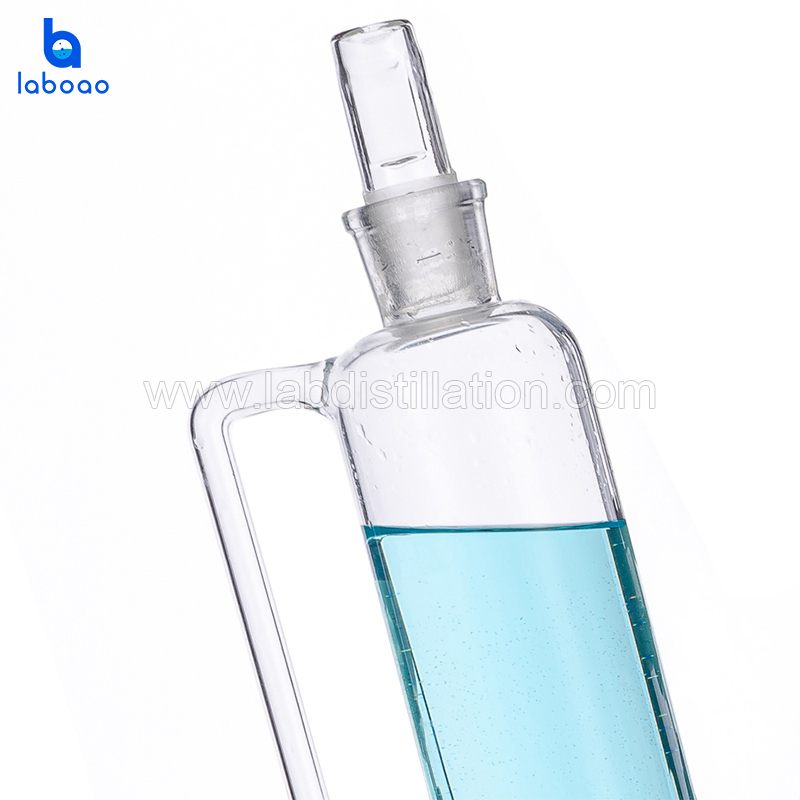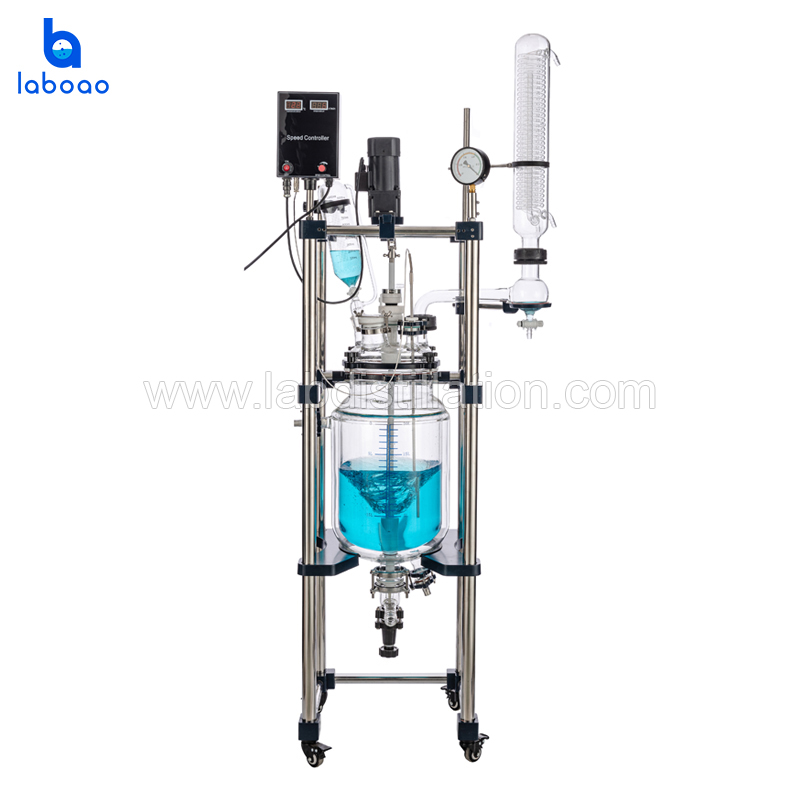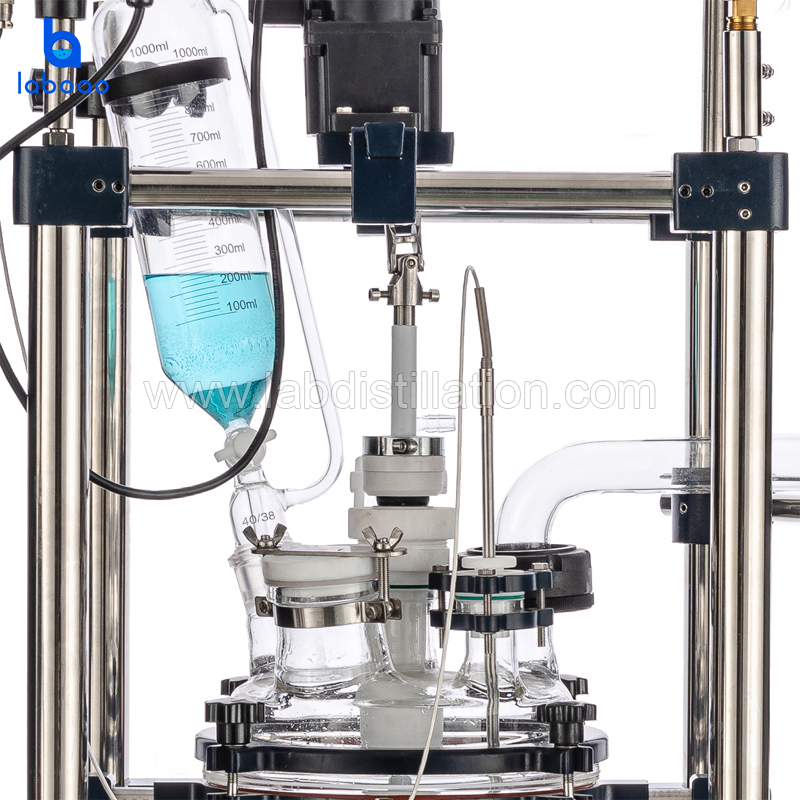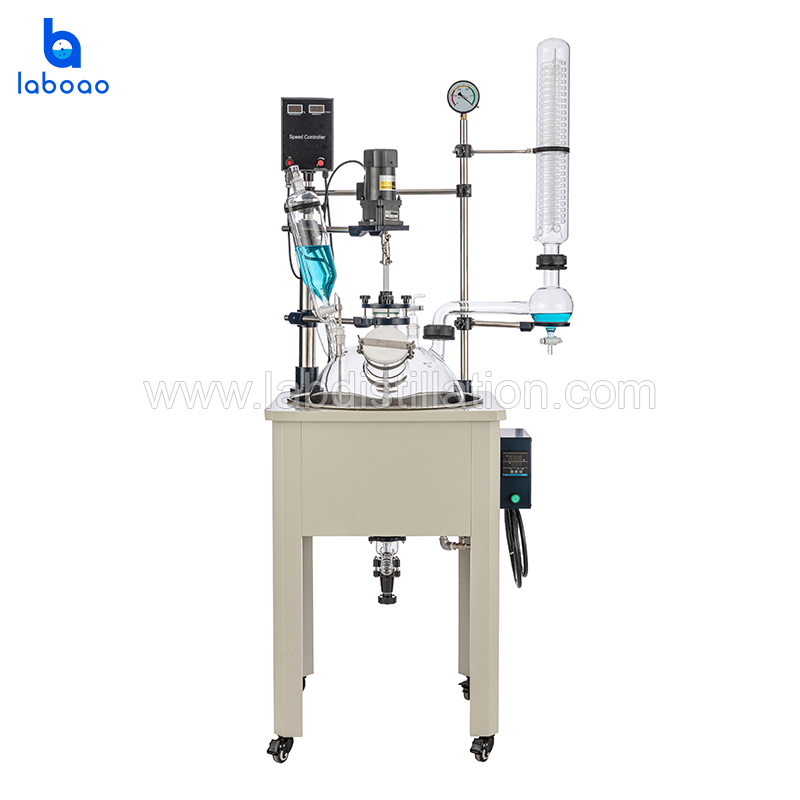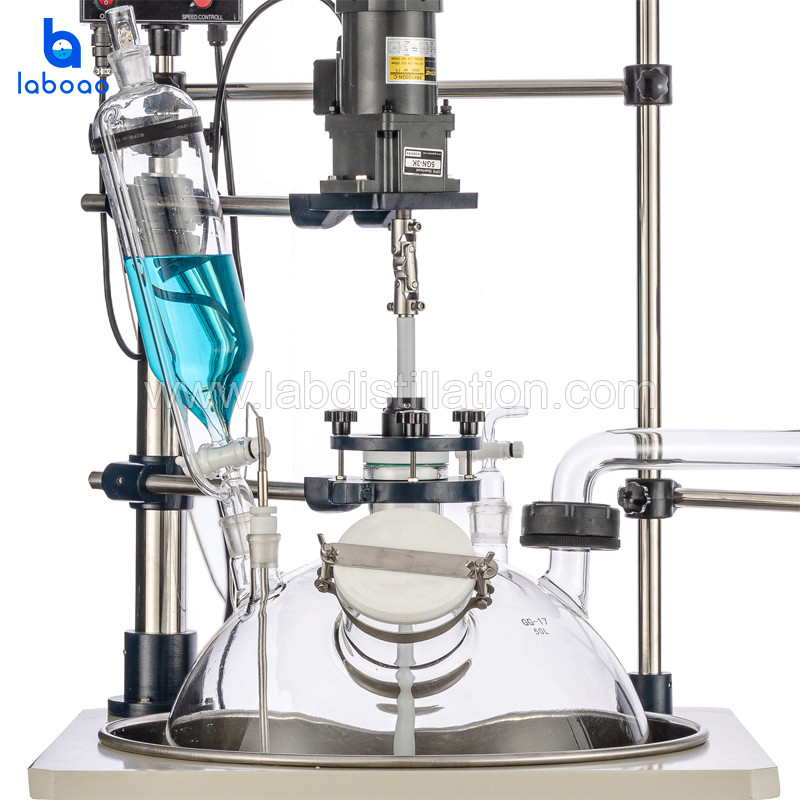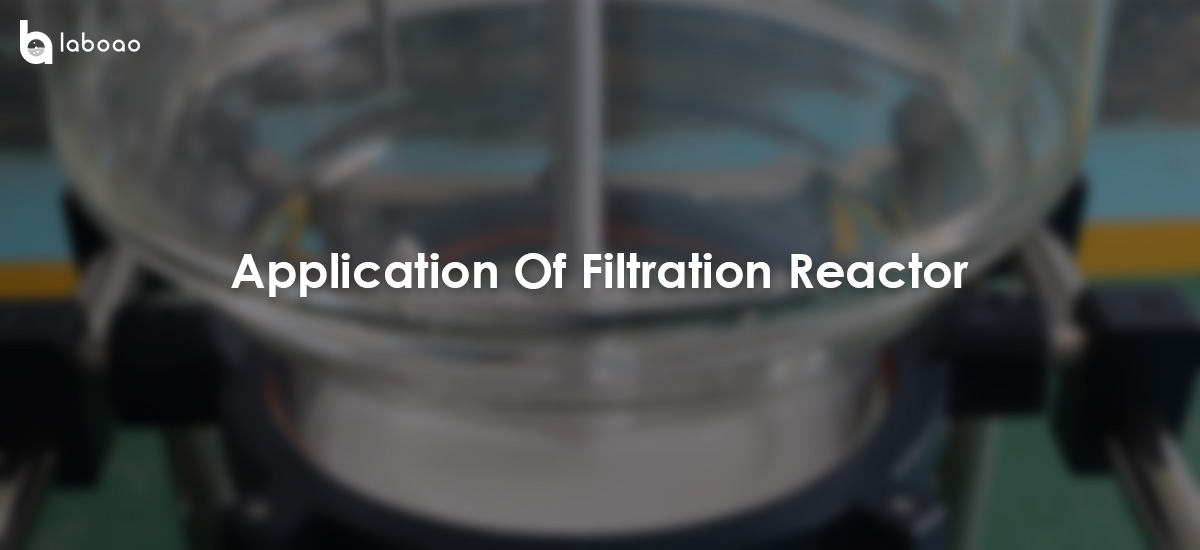
1. What is peptide synthesis?
Peptide synthesis refers to the process of connecting amino acids or amino acid derivatives into polypeptide chains in a certain order through chemical or biological methods. The synthesis of polypeptides is mainly divided into two pathways: chemically synthesized polypeptides and biosynthetic polypeptides. The methods of chemically synthesizing polypeptides include liquid-phase polypeptide synthesis and solid-phase polypeptide synthesis.
2. What is the difference between liquid-phase polypeptide synthesis and solid-phase polypeptide synthesis?
Liquid-phase polypeptide synthesis: Liquid-phase polypeptide synthesis is carried out in solution, usually using activated amino acids or amino acid derivatives to synthesize polypeptides by gradually adding amino acids. Liquid-phase synthesis has the advantages of fast reaction speed and easy purification of products, but the synthesis scale is relatively small and not easy to automate.
Solid-phase peptide synthesis: Solid-phase peptide synthesis is to fix amino acids or amino acid derivatives on an insoluble carrier and synthesize peptides through repeated washing and reaction. Solid-phase synthesis has the advantages of simple operation, easy automation, and high product purity, so it has been widely used in the field of peptide synthesis.
3. Application of filter reactor in solid-phase peptide synthesis
The filter reactor is one of the key equipment in solid-phase peptide synthesis. Its application in peptide synthesis is mainly reflected in the following aspects:
Reaction vessel: As a reaction vessel for solid-phase peptide synthesis, the filter reactor can provide a good reaction environment to ensure the smooth progress of the reaction.
Washing and filtration: During the solid-phase peptide synthesis process, repeated washing and filtration operations are required to remove unreacted amino acids and impurities. The design of the filter reactor makes these operations simpler and more efficient.
Product collection: After the synthesis is completed, the peptide product needs to be collected by the filter reactor. The filtering function of the filter reactor can effectively separate the peptide product from the carrier, which is convenient for subsequent purification and analysis.
Filtration reactors play an important role in solid-phase peptide synthesis, which not only improves the efficiency and purity of peptide synthesis, but also promotes the automation and large-scale development of peptide synthesis technology.
LABOAO has been deeply involved in the field of reaction and separation equipment for many years and has rich experience in the design and manufacture of filtration reactors. It can provide you with a variety of filtration reactors to choose from to meet your different synthesis process needs.
